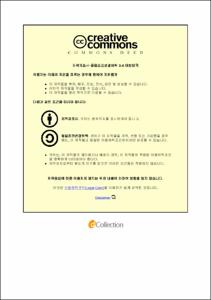셀프리더십의 영향요인과 효과에 관한 연구
= The Study on the Influence Factors and Effects of Self-Leadership ; Focusing on the Members of a Medical Institution
- Type
- Thesis
- Alternative Title
- 의료기관 조직구성원을 중심으로
- Advisor
- 김원중
- Department
- 대학원 경영학과
- Issued Date
- 2012
- Publisher
- 한성대학교 대학원
- Files in This Item:
-
-
Download
 000001215513.pdf
기타 데이터 / 1.3 MB / Adobe PDF
000001215513.pdf
기타 데이터 / 1.3 MB / Adobe PDF
-
Items in Repository are protected by copyright, with all rights reserved, unless otherwise indicated.